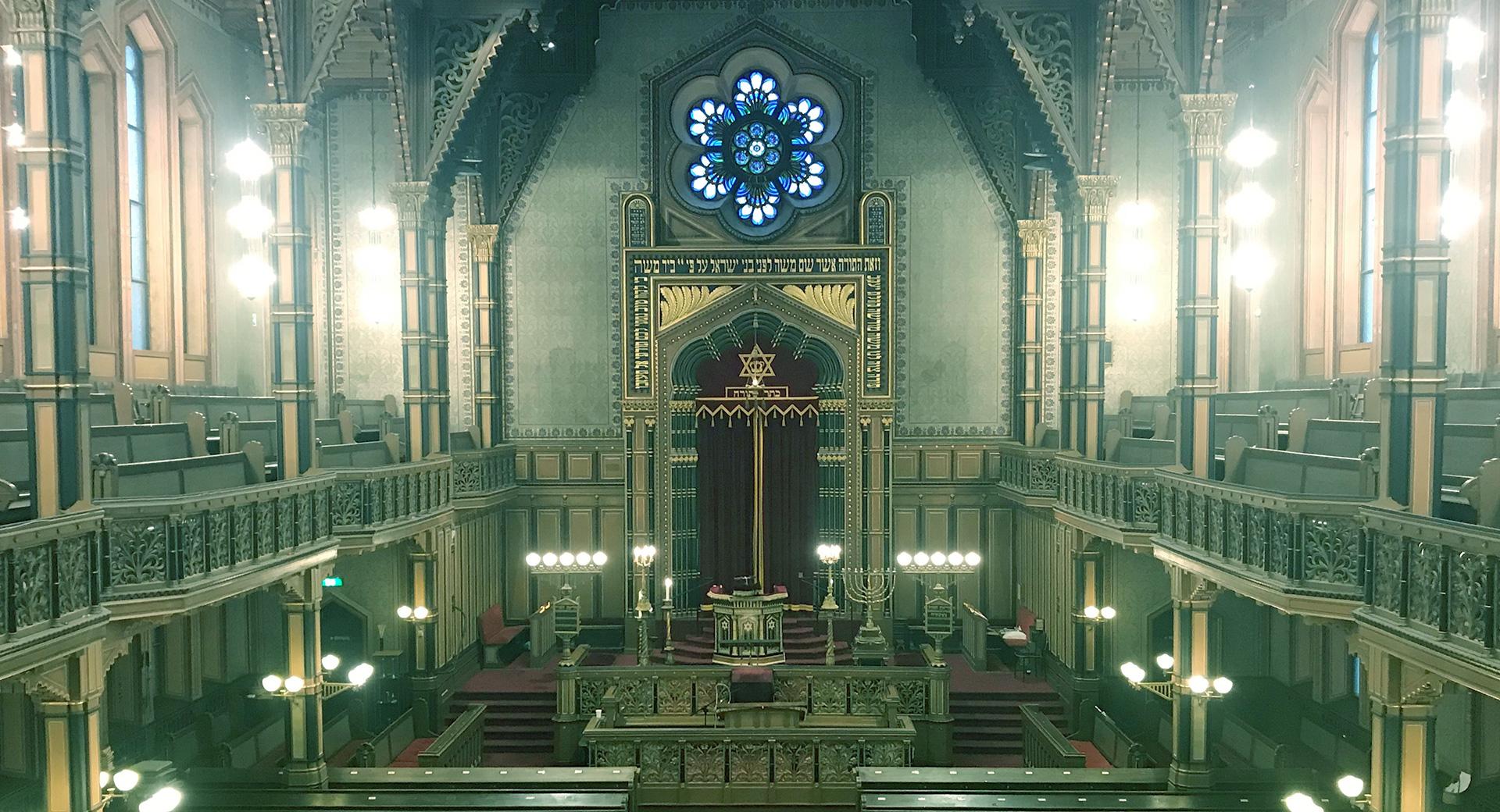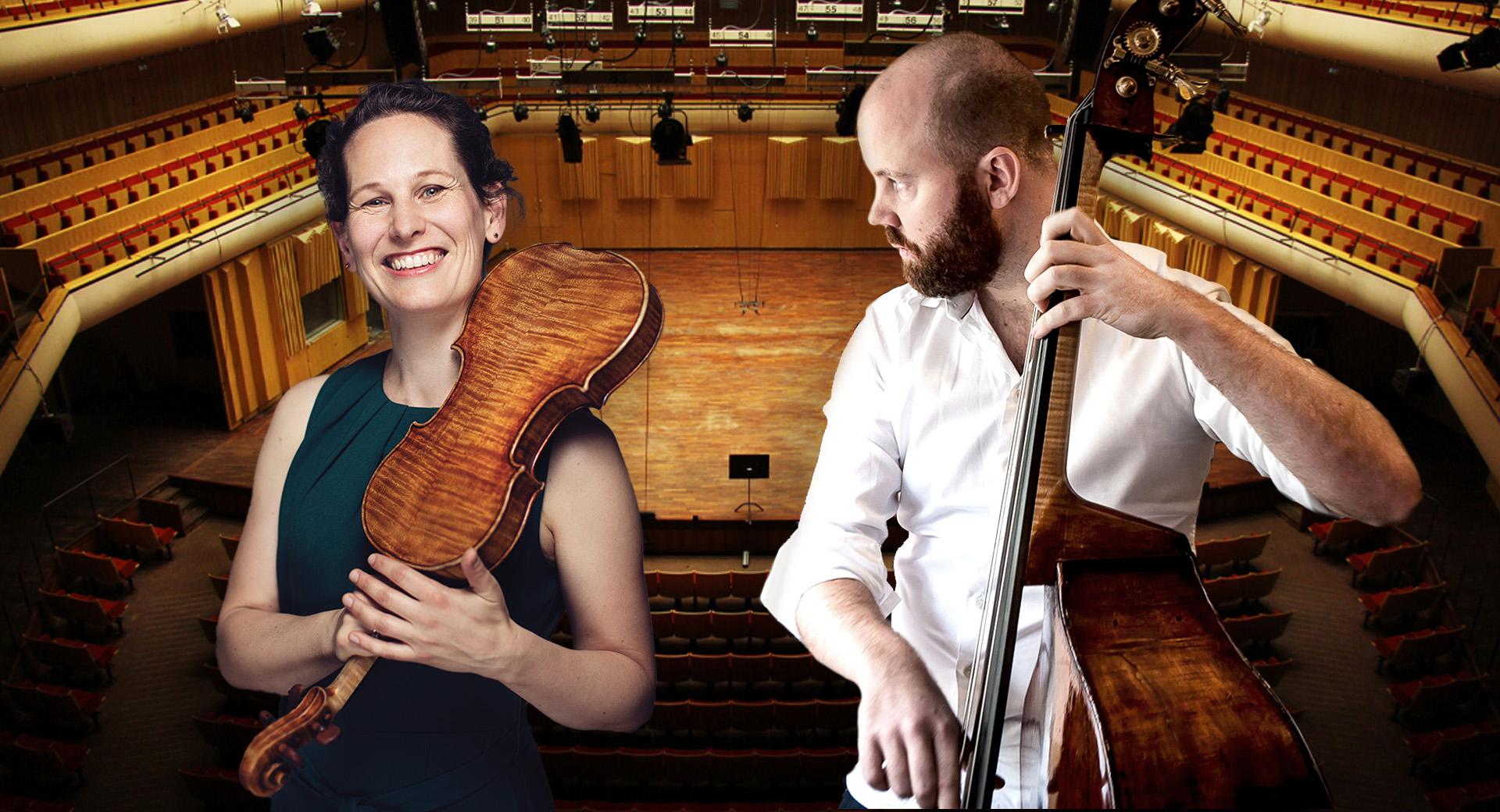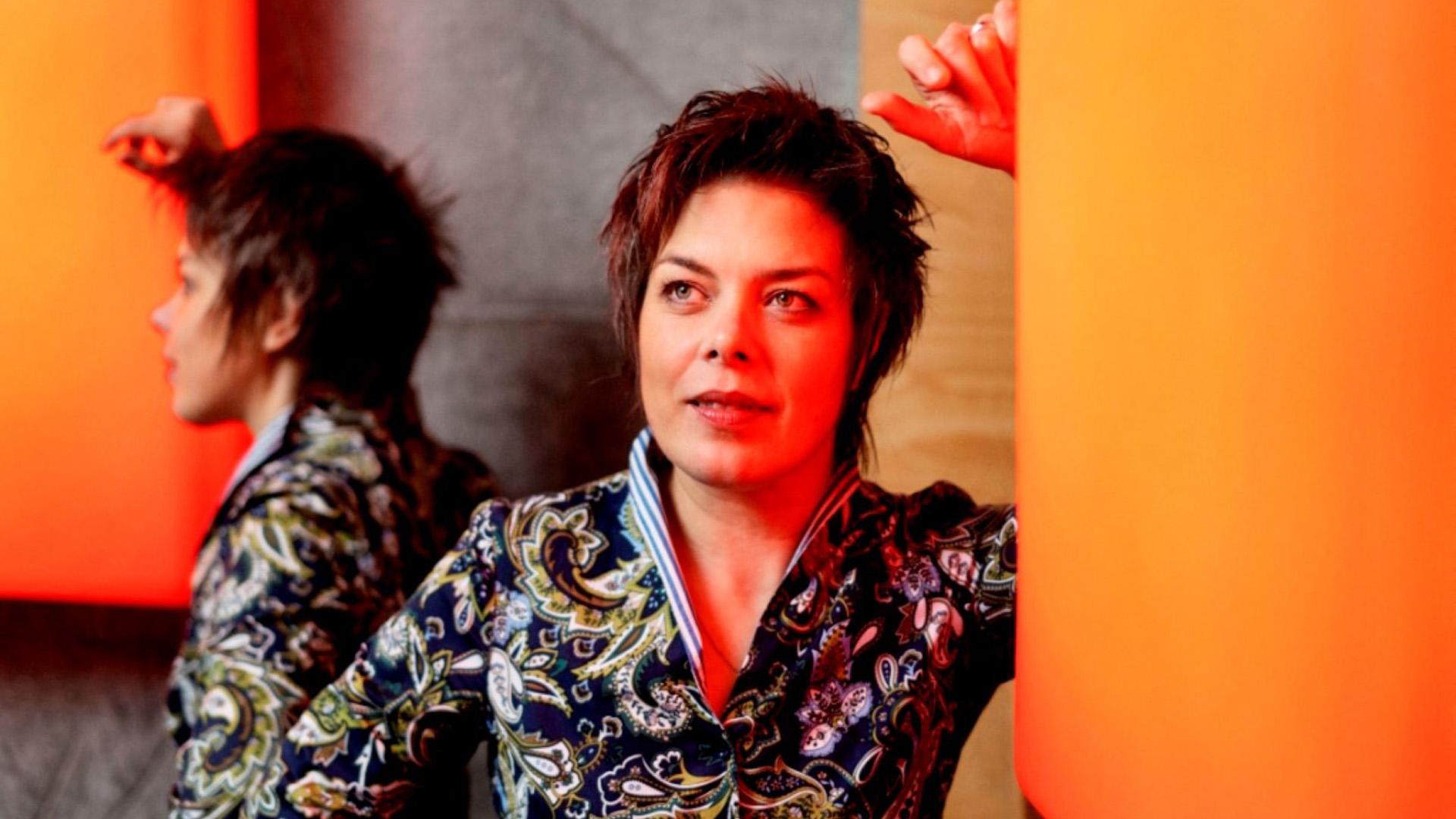This concert has been canceled - The Forbidden Music: Brundibár
This year’s edition of the Baltic Sea Festival has been cancelled. Read more at balticseafestival.com
This production is part of one or more concert series.

In the Theresienstadt concentration camp, Hans Krása’s children’s opera Brundibár was performed by the same children and adults who had already performed it in Prague, before they were imprisoned. The musicians and actors were executed in Auschwitz, but the opera lives on and inspires today’s composers to continue spreading the message of freedom and justice.
Of the many musical works performed in the Theresienstadt concentration camp a few miles north of Prague, Hans Krása’s children’s opera Brundibár has become almost legendary. Here it is performed in the Great Synagogue of Stockholm along with two choral works that give the children’s opera a darker resonance. One of them, Australian-German Brett Dean’s choral arrangement of a poem written by a classmate of Dean’s daughter, after meeting one of the Brundibár children in Berlin in 1997. The other is Nigun by Swedish composer Jacob Mühlrad, inspired by Jewish mysticism and premièred by the Swedish Radio Choir in 2014.
Hans Krása composed Brundibár from lyrics by the avant-garde artist Adolf Hoffmeister for a competition sponsored by the Czech Ministry of Education and Culture in 1938. However, no prize was awarded and the music score disappeared in the turmoil following the German occupation of Czechoslovakia in the spring of 1939. The score was only discovered 35 years after the war and then donated to the museum established in Theresienstadt.
When the idea was proposed in the summer of 1941 to perform Brundibár at a Jewish boy’s home in Prague, only the piano reduction was available. The rehearsals took place in secret, first led by Rafael Schächter and after his deportation by Rudolf Freudenfeld. A pianist, a violinist and a percussionist took part in the two performances. Krasá himself had already been transported to Theresienstadt. The work resumed there after the children from the Jewish orphanage were deported to the camp in 1943.
Paradoxically, the conditions for concert performances were better in the camp than outside, as the Nazis wanted to show the outside world that Theresienstadt was a “model camp”. In a clip from the propaganda film The Führer Gives a City to the Jews, the children sing the final song from Brundibár before the curtain falls in front of an audience of applauding children.
The plot of the opera is simple: Aninka and Pepíček’s mother is ill and the children cannot afford to buy milk for her. The children imitate the organ-grinder Brundibár, who collects money on the street corner, but he shouts at them and chases them away. With the help of a dog, a cat and a sparrow the children drown out Brundibár with their singing. That Brundibár represented Hitler was not hard to understand. Brundibár steals and hides the children’s money, but the children and animals find the hiding place. The weak have overcome the strong.
Brundibár was performed no less than 55 times before the children performing it were sent to the gas chambers of Auschwitz in September 1944. On October 16, Krása and his fellow composers were also sent to Auschwitz: Pavel Haas, Gideon Klein and Viktor Ullmann, whose opera Der Kaiser von Atlantis is performed in Berwaldhallen this spring. These talented and now well-documented composers had had careers before the Nazis invaded Czechoslovakia. Simply considering their lives and works from a Holocaust perspective would diminish their achievements.
Brundibár has now been performed countless times, including an English-language version, based on Tom Kushner and Maurice Sendak’s book. In Sweden, it was performed at the Malmö City Theatre in 1994 and in Project Brundibár as part of a newly written play by the author Åke Leijonhufvud. There are also several recordings, among them a sound recording from Czech television from 1990.
Text: Henry Larsson
The concert has been postponed
The concert has been postponed to the Baltic Sea Festival 2021



